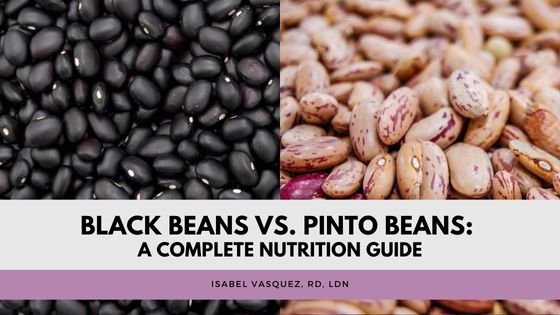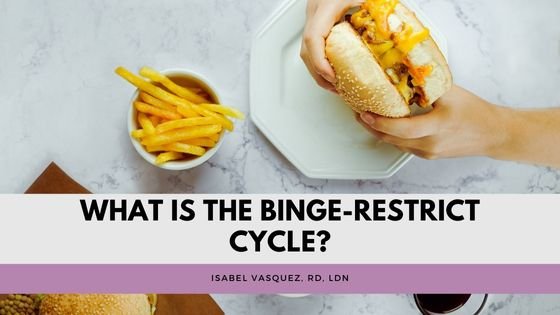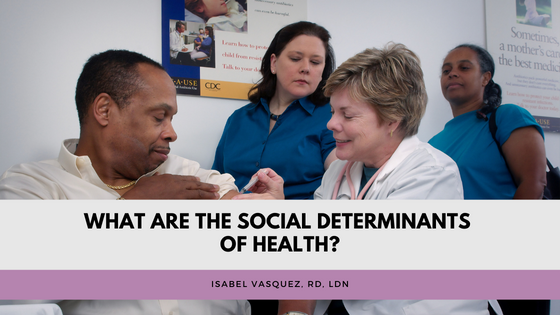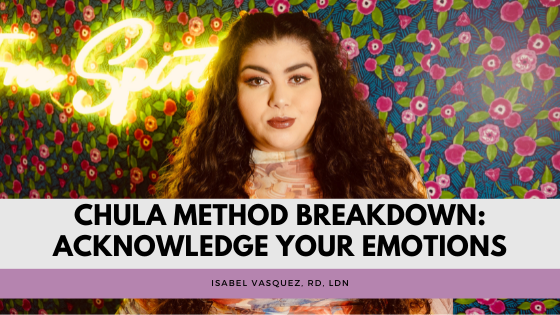
Chula, ven con gusto
In the Your Latina Nutrition blog, we help you learn to nourish & respect your body without harsh food rules, overcome cycles of bingeing and restriction, and embrace your here-and-now body.
You can do this all while keeping your cultural foods alive & adopting health-promoting behaviors.
Enjoy our research-backed articles written by registered dietitians Isabel and Dalina!
Blog Categories
ALL POSTS | RECIPES | INTUITIVE EATING | JOYFUL MOVEMENT | BODY IMAGE | GENTLE NUTRITION | CULTURA
50 Positive Affirmations for Body Image
Everyone wants to have a good relationship with their body, yet most people struggle with this. With the constant bombardment of messaging about the “ideal” body from the media, it makes sense that many of us would struggle to have a positive body image. Affirmations may help cultivate a better body image.
Black Beans vs. Pinto Beans: A Complete Nutrition Guide
If you’re Latine or if you’ve been to a Latin American restaurant, then you know that black and pinto beans are culturally prevalent in Latin America. We love our beans, and these are two of the most common types we eat. But you may wonder how they differ and if one is better for health. Here, we share the key differences and similarities between black and pinto beans.
What is the Binge Restrict Cycle?
The binge-restrict cycle happens when periods of restriction are followed by binges or periods of eating beyond comfortable fullness. The “binge” part can also include feeling out of control around food. Oftentimes, the restriction may be due to some sort of diet, which then leads to feelings of deprivation and obsession with food. Then comes the binge, which is often followed by guilt or shame. The guilt and shame can make you want to start restricting again, maybe in the form of “I’ll get back on track on Monday!” and thus begins the cycle all over again.
Is Corn Good for Diabetes? An In-Depth Guide
Corn is a Latine food staple, especially in Mexican, Peruvian, Venezuelan, and Colombian cuisine. It forms the basis for foods like arepas, tortillas, and tamales. With our Latine community facing relatively high rates of diabetes, you may wonder whether corn is part of a healthy diet for diabetes.
What Are The Social Determinants of Health?
The social determinants of health account for systemic factors—those outside of people’s control—that impact health. Learn what these factors are and how they impact health.
Is MSG Really Bad For Me?
Many associate MSG with harmful effects on health; however, this association isn’t backed by research. In fact, it’s rooted in xenophobia and racism. Learn MSG’s effects on health and how it got such a bad rap.
Is White Rice Nutritious?
White rice is a cultural food staple and forms the foundation of so many beloved Latine dishes. However, you may have been told by doctors or by the mainstream media that white rice is nutritionally inferior to brown rice. Learn the health benefits of white rice and how it compares to brown rice.
Are Beans Nutritious?
Beans are a good source of carbs, fiber, protein, and micronutrients. Learn more about their nutrition, plus the research-backed benefits of eating beans.
How to Reclaim Your Movement Practice From Diet Culture
Movement doesn’t have to be a life-long struggle. Working towards detangling movement from diet culture not only promotes more sustainable, fun movement, it can also promote bone health, heart health, stress reduction, and boost your mood.
Are Plátanos Nutritious?
Plátanos (or plantains) are a cultural food staple in Central America, the Caribbean, and parts of South America, but many Latines might wonder if they’re healthy. Learn the nutrition facts of yellow vs green plantains and their health benefits.
Can I Practice Intuitive Eating if I Want to Lose Weight?
Intuitive eating is a weight-neutral, non-diet approach to nutrition, but when you’re first starting your journey part of you may still hope for weight loss. Learn how to start your food freedom journey even if still you want to lose weight.
What is Set Point Weight Theory?
Weight set point theory explains why different people’s bodies gravitate towards different weight ranges, even if they all eat the same and workout the same. Learn whether your set point weight range can change and how to know your weight set point.
Busting the "If You Eat Like Me You Can Look Like Me" Myth
We’ve all heard judgments or seen content implying that our weight is predominantly determined by what and how much we eat. Yet, this idea is highly stigmatizing specifically towards larger-bodied folks. Learn 4 reasons why this is a complete myth so you can start to accept your body.
Garlic Mushroom Chicken
3 Tips for Making a Well-Rounded Smoothie
Nothing beats a cold refreshing smoothie when it’s hot outside, but sometimes smoothies are too light to serve as a meal. Learn 3 tips to make a well-rounded smoothie for sustained energy levels and health.
How Can I Stop Wasting So Much Food?
Lots of our Latine clients feel guilty about wasting food, largely because of the clean your plate mentality and notion that food is love. Learn how to cope with this and reduce your food waste.
What is the Nocebo Effect?
You’ve probably heard of the placebo effect before—where you receive a fake medical treatment (e.g. a pill) but experience improvements in your symptoms—but have you ever heard of the nocebo effect? Learn what the nocebo effect is and how to reduce its impact on your life.
What Type of Milk Should I Drink?
In recent years, there’s been a huge shift away from cow’s milk and towards non-dairy milks whether it be almond, oat, macadamia, soy, or others. With so many options out there, it can be confusing to decide what milk is right for you and your family. Learn the nutrition of cow, almond, oat, and soy milk.
C.H.U.L.A. Method Breakdown: Acknowledge Your Emotions
Emotional eating gets a bad rap, but it’s not always bad. Learn how to acknowledge your emotions around food and your body to work towards a better relationship with them.
C.H.U.L.A. Method Breakdown: Listen to Your Hunger
Hunger cues are your body’s way of communicating its needs with you, but many people ignore or suppress these cues. Learn how to reconnect with your hunger and the importance of honoring hunger cues.




















